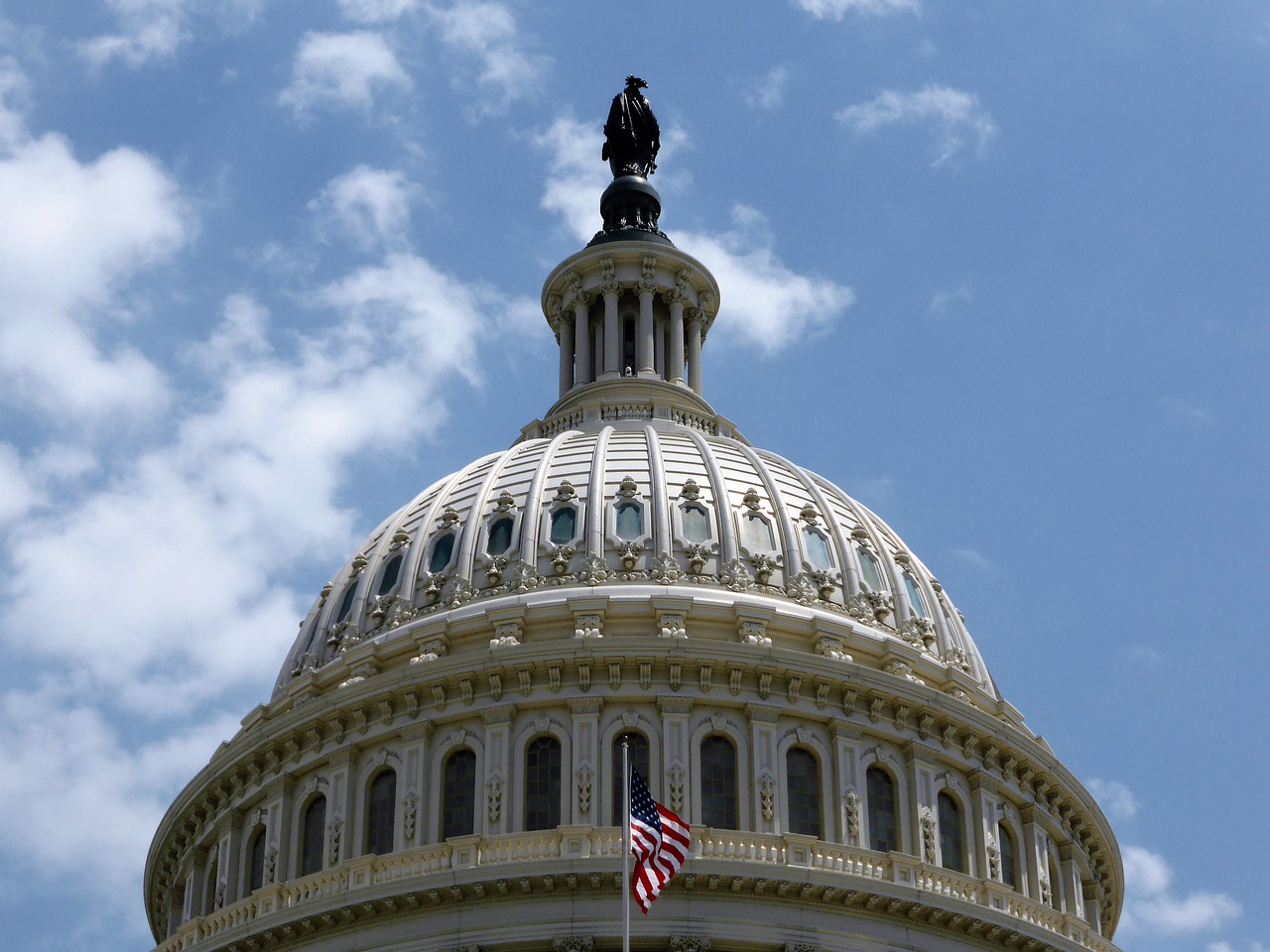Israel will Hold Elections in April 2019 or Earlier
On Monday, December 24, Israeli coalition party leaders in the Knesset’s governing majority agreed to dissolve and hold elections in April 2019 or earlier. Reasons for dissolving the national parliament vary including difficulties passing a new national law that would extend the mandatory military draft to ultra-Orthodox Jewish students across the country. Other reasons may have included botched military operations in the Palestinian territory of the Gaza Strip. Additionally, the country’s leader, Prime Minister Benjamin Netanyahu, is still running for office despite criminal investigations for corruption.
One of Netanyahu’s biggest challengers could come from a new moderate centrist political party, Hosen Yisrael, lead by former Israeli Defense Force Chief of the General Staff, Benjamin “Benny” Gantz. According to the latest public opinion polls, Netanyahu’s conservative Likud party remains on track to have a majority and will likely form a coalition with other right-wing and far-right political parties. A number of new political parties are forming in the wake of the upcoming elections. This includes a new right-wing religious-nationalist party called the New Right led by Education Minister Naftali Benett. If Netanyahu is charged by the country’s attorney general before the nationwide general elections, his majority could collapse unless the Likud party officials find him a replacement.
If reelected next year in 2019, Prime Minister Netanyahu could become the country’s longest serving leader, beating out the country’s founding leader and first prime minister, David Ben-Gurion. Netanyahu has been in prolonged power since 2009 and was briefly in power between 1996 and 1999 after defeating former prime minister and president Shimon Peres.




